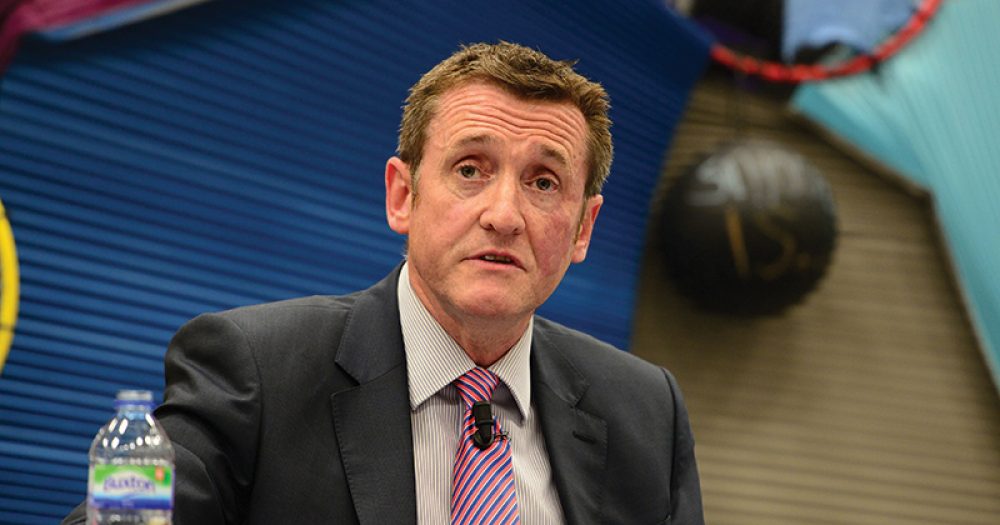Ofsted’s national director for education has said there are some “real issues” over how the inspectorate checks pupil behaviour – suggesting it is worse than national figures suggest.
Sean Harford was speaking at the CurriculummEd2019 event at Lichfield Cathedral School today, on the topic of Ofsted’s new education inspection framework, which is due to take effect from this September.
While speaking about giving behaviour and attitudes its own heading under the new framework, he said: “Personally, I do not believe 90 per cent of schools in the country have good or better behaviour.”
This figure was used in a review by Tom Bennett into behaviour in schools, published in 2017, which Ofsted consistently reported behaviour was satisfactory or better in over 90 per cent of schools.
“I think that there are some real issues about how we get underneath it and how we inspect it,” said Harford.
He argued that, unless a pupil really hated the school, they would usually be able to behave well for the day of inspection.
There was a whole batch of different methods suggested by Harford for improving the way Ofsted inspected behaviour: talking to supervisory staff at lunchtimes, as well as speaking to newly-qualified teachers and trainees separately.
“These are the people who are often getting the brunt of poor behaviour,” Harford told the delegates.
Ofsted chief inspector Amanda Spielman revealed last October that Ofsted plans to scrap its current personal development, behaviour and welfare judgment and replace it with two separate judgments: behaviour and attitudes and personal development
The watchdog is hoping the change will “enhance the inspection focus on each [area] and enable clearer reporting on both”.
Harford revealed at his talk that nearly eight in 10 respondents to the consultation on the new framework, which was launched in January, had supported introducing separate judgements.
But concerns were raised by some the proposed ‘behaviour and attitudes’ judgement would “fail to reflect the realities of education providers working in challenging circumstances”.








Your thoughts